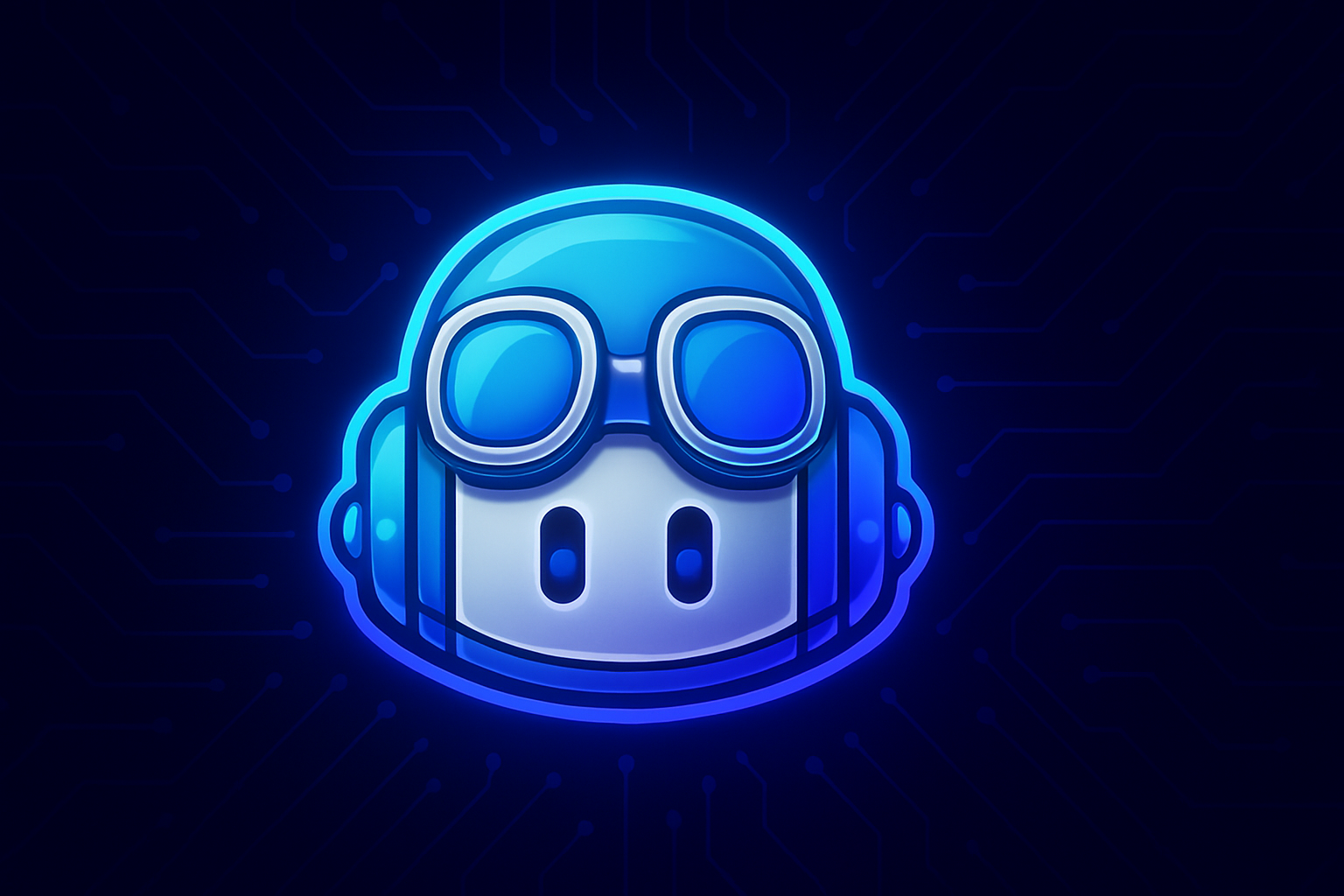GitHub Copilot: The AI Coding Assistant That’s Redefining Developer Productivity

What started as an experimental autocomplete tool has evolved into a core component of the modern developer workflow, shaping everything from onboarding and pair programming to code reviews and documentation.
This article explores GitHub Copilot’s technical foundations, real-world productivity impact, and how it compares to the new generation of agentic coding assistants emerging in 2025.
How GitHub Copilot Works
1. Codex Model at Its Core
Copilot is powered by OpenAI Codex, a large language model trained on natural language and public source code. It interprets comments, context, and surrounding code to generate meaningful suggestions in real time.
When you type a function signature or leave a comment like:
# fetch user data and return as JSON Copilot predicts the next logical code block — understanding intent, structure, and even stylistic patterns from the project itself.
2. Contextual Awareness
The engine doesn’t just autocomplete based on the last few tokens. It reads the entire file and neighboring context, balancing local logic with global project patterns.
Recent updates introduced multi-file awareness, meaning it can infer dependencies, imports, and even architecture-level conventions across repositories.
3. Integration with IDEs
Copilot integrates natively with:
- Visual Studio Code
- JetBrains IDEs
- Neovim
Developers can access inline completions, multi-line snippets, and documentation generation — all within their natural coding flow. The latest version, GitHub Copilot Chat, extends these features to conversational debugging and code explanations.
Real Productivity Gains in Practice
1. Reduced Cognitive Load
Developers spend a large portion of time on boilerplate code, repetitive structures, or recalling syntax. Copilot automates those layers, freeing mental bandwidth for architectural and problem-solving tasks.
A study conducted by GitHub found that:
- Developers completed tasks 55% faster with Copilot.
- Over 75% reported higher satisfaction when pairing AI with their workflow.
2. Faster Onboarding
New team members can use Copilot to understand coding conventions and project architecture by example. It acts like a living documentation system, guiding developers through consistent patterns as they type.
3. Quality and Consistency
Copilot enforces more consistent code formatting, naming, and documentation habits — particularly in teams that integrate linting rules or CI/CD hooks. By learning from the repository’s own data, it aligns its output to local standards over time.
Security and Limitations
While Copilot accelerates development, it’s essential to evaluate the generated code for correctness and licensing compliance.
Key considerations:
- Data privacy: Enterprise Copilot runs on Copilot for Business, which excludes training from private repos.
- Security scanning: Generated code should still be audited for vulnerabilities — GitHub integrates Copilot with Advanced Security for this reason.
- Overreliance: Copilot is a co-creator, not a replacement. Developers must remain critical of suggestions, especially in production systems.
From Autocomplete to Agentic Coding
Copilot paved the way for the agentic AI coding movement — where tools like Cursor, Cline, Windsurf, and OpenHands now operate beyond simple suggestions.
These new systems perform multi-step reasoning, execute code autonomously, and integrate across terminals, APIs, and environments.
While GitHub Copilot remains unmatched for day-to-day productivity, developers seeking autonomous execution and workflow orchestration are increasingly blending Copilot with these new-generation agents.
When (and How) to Use GitHub Copilot
Best Use Cases
- Writing boilerplate and setup code
- Refactoring repetitive structures
- Translating functions between languages
- Comment-based generation and documentation
- Rapid prototyping and proof-of-concept development
Developer Tips
- Combine Copilot with Copilot Chat for code explanations and refactoring guidance.
- Enable Telemetry Insights to monitor productivity patterns.
- Use Copilot Labs for experimental features like test case generation or natural language commits.
The Future of AI Coding with Copilot
GitHub Copilot is evolving from a passive assistant to a collaborative reasoning partner. Future updates are expected to integrate tighter with:
- GitHub Actions for automated pipelines
- Project Copilot X for context across PRs and issues
- Cross-repository understanding for large monorepos
The trajectory is clear: AI will not replace developers — it will amplify their impact. Tools like Copilot are redefining productivity not by writing code faster, but by freeing developers to think deeper.
Amplify your engineering team’s output with next-gen AI tools.




